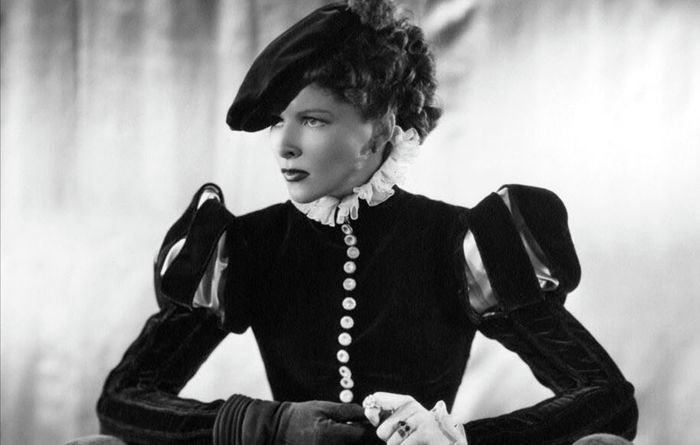Joan Didion: The Center Will Not Hold
Columnist Jonty Taylor reflects on his reviewing of this stylistic and rhythmic documentary feature, which covers the life and career of the American writer Joan Didion.
For the reviewer, Joan Didion: The Center Will Not Hold poses a problem. When the credits run and the 90 minute door to the world of the American writer closes, any words that follow it, that attempt to distil it, feel misplaced. Didion’s writing and speech throughout the film play out in an irresistible rhythm and style that, by the end, left me sitting at my screen, silent.
“It gives away enough of what it means to be Didion. She’s a writer. She’s also what she writes.”
Over the weeks that passed since watching it, reviewing Griffin Dunne’s documentary about his Aunt Joan — about her life as a wife, mother and, importantly, as a writer — had become a problem that I didn’t want to address. It appeared to me that following Didion’s reflection over what it means to write (and to write well, as she does), there was nothing to be said that wouldn’t feel off-beat, overworked and out of place — a fourth step in a waltz. I figured the only way to break this feeling would be to take the last few lines of the documentary seriously. In the closing sequence, Didion is pictured at home, walking from one room to the next as she reads from her book about her daughter’s death: “Remember what it is to be me. That is always the point.”
Whether a result of my own failings, those of Griffin Dunne’s directing or of Didion herself, I had completely missed the point. I didn’t know what it was to be her. And, quite honestly, I didn’t think anyone could know. Despite the best efforts of the documentary to bring her into the view of ordinary life — her nephew presents her primarily as an aunt, a mother and wife — the world that Didion occupies appears impenetrably extraordinary. To me she exists in a place where each thought, and each word produced by those thoughts, always means something beyond the regular.
She belongs to the world that she writes about — to the California of Jim Morrison and The Doors, to the birth and death of the sixties. Didion’s home is in the midst of artists, eccentrics and writers. You can see it in the way she naturally agonises over each sentence. Her eyebrows almost always a-lift, and her arms emphatically beckoning the next work of art she will inevitably produce. To say something as Joan Didion must be exhausting.
It occurred to me that the documentary alone wouldn’t be enough to understand Didion’s point, to understand what it is to be her. So it was by happy commercial coincidence that at the exact time this documentary landed in my Netflix recommendations, a book of her old essays was published. The title, Let Me Tell You What I Mean, was a little too promising to pass by.
One essay, that appears near the end of the book, gave me exactly what I wanted. Didion tells a story about ‘Last Words’, about the ability of a writer to control what of their work, and life, is seen and what isn’t. She recounts the story of how Ernest Hemingway, on realising that his letters would be published after his death, rushed to burn them all — and how, regardless, his last wife published a collection of the letters that escaped the fiery end which the living Hemingway had desired for them.
I mention this story not because it is a little bit dark and quite funny, but because I think it gives away enough of what it means to be Didion. She’s a writer. She’s also what she writes. She controls what it means to “Remember what it is to be me” and for a writer, I guess, “That is always the point.” But this motto feels out of reach of normal life, of any life that isn’t Ernest Hemingway’s or Joan Didion’s. Maybe that’s why Joan Didion: The Center Will Not Hold left me silent at my screen.
 Comment / Plastic pubs: the problem with Cambridge alehouses 5 January 2026
Comment / Plastic pubs: the problem with Cambridge alehouses 5 January 2026 News / Cambridge academics stand out in King’s 2026 Honours List2 January 2026
News / Cambridge academics stand out in King’s 2026 Honours List2 January 2026 News / Cambridge businesses concerned infrastructure delays will hurt growth5 January 2026
News / Cambridge businesses concerned infrastructure delays will hurt growth5 January 2026 News / AstraZeneca sues for £32 million over faulty construction at Cambridge Campus31 December 2025
News / AstraZeneca sues for £32 million over faulty construction at Cambridge Campus31 December 2025 Interviews / You don’t need to peak at Cambridge, says Robin Harding31 December 2025
Interviews / You don’t need to peak at Cambridge, says Robin Harding31 December 2025










